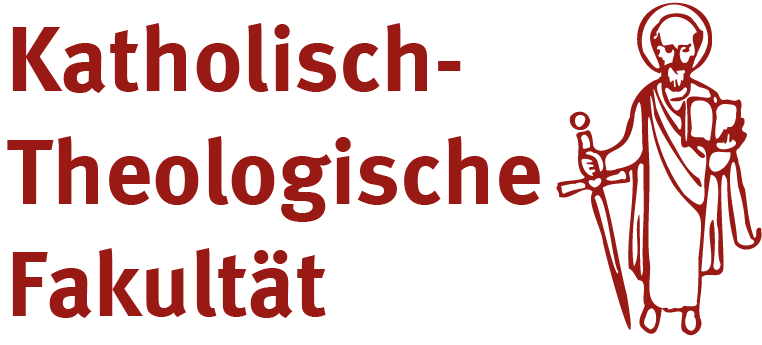COOPERATIVE PROJECT "JOHANNES BAPTISTA SPROLL, BISHOP OF ROTTENBURG, 1927–1949"
Johannes Baptista Sproll, born in 1870, served from 1927 until his death in 1949 as the bishop of the diocese of Rottenburg. During his tenure, he experienced several political upheavals: the fall of the monarchy and World War I, the Weimar Republic, the Third Reich and World War II, and the subsequent period of occupation. Sproll became known beyond his own diocese when he demonstratively refused to participate in the plebiscite and parliamentary elections following the annexation of Austria in 1938. In an unparalleled act in the history of the German episcopacy, the National Socialists succeeded in staging demonstrations to drive the bishop—who had been a thorn in their sides for years—from his diocese as a "traitor." Only after the end of World War II was the bishop—now seriously ill—able to return from his exile in Bavaria.
Many of Sproll’s fellow Swabians regarded him as a "Confessing Bishop" and a model of the Catholic Church’s position during the era of National Socialism. The process for Sproll’s beatification was officially opened in 2011, but many questions remain unanswered. (Church) historians have thus far not granted his case the same attention paid to the stories of fellow churchmen such as the cardinals Adolf Bertram, Conrad von Preysing, and Clemens August Graf von Galen. Research on the history of the diocese itself is similarly spotty, especially regarding the topic of the Church under National Socialism. Little is likewise known about Sproll’s life prior to his election as bishop; he had previously served as Repetent for canon law at the Wilhelmsstift seminary in Tübingen, vice regent in the seminary in Rottenburg, congregational priest in Ehingen, and as canon, general vicar, and finally suffragan bishop in Rottenburg.
In order to fill this gap in the scholarship, the Diocese of Rottenburg-Stuttgart funded a cooperative research project from May 2014 to December 2020 at the Universities of Tübingen, Münster and Würzburg. This project aimed to evaluate, analyse and digitize the historical records of the diocese in the age of Johannes Baptista Sproll, with a central focus on the records housed in the diocesan archives in Rottenburg. The project team was led by Professor Andreas Holzem from Tübingen, Professor Hubert Wolf from Münster and Professor Dominik Burkard from Würzburg, who are also members of the historical commission examining the case for Sproll’s beatification. Currently, the final report for the historical commission is being written.

